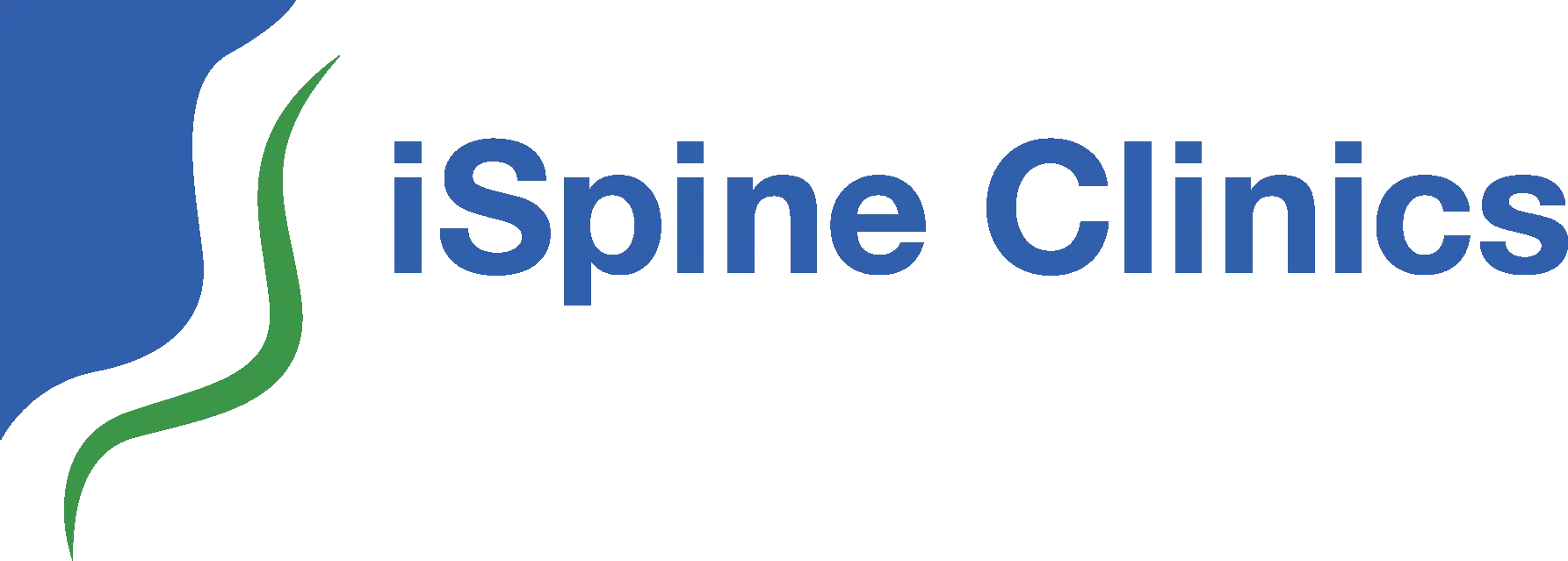Chronic Migraine Sufferers – ShiraTronics RELIEV-CM2 Study
Clinical Trial & Research Study
iSpine Clinics, in conjunction with ShiraTronics, is studying an investigational non-drug treatment for migraine sufferers experiencing 15 or more headache days a month.
For many people, migraine medications and treatments do not provide adequate relief of migraine frequency and/or severity.
If you are living with migraine and have not received long-term relief from other treatments, you may qualify for the Reliev-CM2 Clinical Study. The study is evaluating the ShiraTronics System, a small device placed under the skin that delivers mild electrical pulses to nerves associated with migraine pain. Participants in the Reliev-CM2 Study will receive the ShiraTronics System and all study-related care at no cost.
Neuromodulation is a non-drug treatment for chronic pain that uses a small device implanted under the skin called a neurostimulator. The neurostimulator delivers mild electrical pulses to nerves associated with migraine pain around the back and front of your head. These electrical pulses interrupt or change the transmission of pain signals to the brain, which can potentially relieve your chronic migraine pain. Neuromodulation therapy has been used for decades to treat various chronic pain conditions.
As part of your participation in the Reliev-CM2 Study, you will be asked to complete a headache diary to track your symptoms. Additionally, you will be required to attend follow-up visits at 2 weeks, 4 weeks, 8 weeks, 24 weeks, 9 months, and 12 months post-implant. During these study visits, your doctor will assess how well you are responding to the therapy, and you will complete questionnaires to measure your symptoms and quality of life improvements.

About the Study
You can “test drive” neuromodulation therapy for about a week before deciding on a permanent system. Your doctor will place the temporary system by threading thin wires, called leads, along the nerve pathways involved with migraine symptoms. The leads connect to an external temporary device that delivers gentle pulses for the duration of the “test drive”. After one week, the temporary system is removed. You and your doctor can discuss whether this therapy is right for you long-term. If you choose to have the permanent device placed under your skin, this will be done through a short, reversible procedure a few weeks later.
Can I Participate?
To be included in the study, you must meet these criteria (Inclusion Criteria):
- ≥ 22 years of age.
- Have migraine onset at ≤ 50 years of age.
- Have a history of migraine for ≥ 12 months prior to screening as defined by:
- ICHD-3 criteria or
- Investigator clinical judgment, if not covered by an ICHD-3 diagnosis.
- Have ≥15 headache days/month, among which ≥ 8 days has the features of probable migraine, and minimum of 2 headache-free days/month during the 28-day screening period (as defined in the primary efficacy endpoint).
- Fulfill the criteria for chronic migraine (CM) during the 28-day screening period as defined in the iCHD-34.
- Have a diagnosis of refractory chronic migraine, who have inadequate response or no access to, or are intolerant, unwilling, or contraindicated to a. Onabotulinum toxin A (Botox) therapy, and b. One of the medications that belong to Calcitonin Gene Related Peptide Monoclonal antibodies (CGRP) therapy and CGRP antagonist.
- Maintain a stable use of preventive(s) migraine medication for ≥ 3 months before screening.
- Demonstrate ≥ 80% compliance with the headache diary during the screening period by entering headache data on a minimum of 22 out of 28 days.
- Be willing and able to comply with all study procedures and return to the clinic for the follow-up evaluation, as specified in this protocol.
- Be able to give voluntary, written informed consent to participate in this study.
You may not be eligible for the study if you have any of these criteria (Exclusion Criteria):
- Type of headache or migraine other than RCM including the following:
- Post-traumatic headache (e.g., battlefield, accidents, etc.).
- Regular intake of opioids (including codeine) of ≥ 8 days/month in the past 3 months and during the 28-day screening/baseline phase and cannot be accounted for by another diagnosis.
- Regular intake of Barbiturates for ≥ 5 days/month in the past 3 months and during the 28- day screening/baseline phase and cannot be accounted for by another diagnosis.
- Report experiencing unremitting, continuous headaches with no relief.
- Have New daily persistent headache (NDPH) defined by iCHD-3 as persistent headache, daily from its onset, which is clearly remembered. The pain lacks characteristic features and may be migraine-like or tension-type like, or have elements of both with a CM subtype.
- History of treatments that could confound the results of the ShiraTronics Migraine Therapy
- Previously implanted neurostimulator to stimulate the greater occipital and/or supraorbital nerves to treat headache.
- Have received onabotulinumtoxin A for any medical or cosmetic reasons requiring injections in the head, face, or neck within 6 months prior to screening.
- Have had any cervical radiofrequency ablation within 12 months.
- Subjects with recent brain or facial trauma occurring less than 3 months prior to the Baseline Visit.
- Subjects that may have received sequential multi-day in-patient parenteral infusion for the treatment of a migraine condition (e.g., status migrainous) within the previous 2 weeks of the initiation of diary screening phase.
- Subject has other implanted electrical stimulation device(s) or any metallic implant (excluding dental implants) including:
- Cardiac pacemakers or defibrillators
- Cochlear implant
- CSF shunt
- Surgical clip (above the shoulder line)
- Intrathecal pumps
- Spinal cord stimulator
- Use of nerve blocks, acupuncture, neurostimulation and/or transcranial magnetic stimulation) for migraine within 3 months prior to screening and after receiving implant system.
- Any pre-existing or requirement of emergent surgery/procedure that may interfere or confound the results of the ShiraTronics Migraine Therapy.
- Any known requirement for an MRI scan subsequent to implant of the neurostimulator.
- Current or history of following comorbidities:
- Clinically significant psychiatric illnesses, including suicide attempt, or suicidal ideation with a specific plan in the past 2 years.
- Cancer in the past 5 years, except for appropriately treated nonmelanoma skin carcinoma.
- Have a current diagnosis or condition that presents excess risk for performing the procedure, as determined clinically by the Investigator.
- Subjects with uncontrolled epilepsy who are currently undergoing treatment of epilepsy.
- Subjects with documented history of cerebrovascular accident (CVA).
- Substance use disorder of at least moderate severity for substances such as; alcohol, recreational marijuana, or illicit drugs during the past 2 years.
- Unable to participate or successfully complete the study, in the opinion of the investigator, for any of the following reasons:
- in custody due to an administrative or a legal decision, under guardianship, or institutionalized or
- unable to be contacted in case of emergency or
- has any other condition, which, in the opinion of the investigator, makes the patient inappropriate for inclusion in the study.
- Anatomy not suitable for placement of ShiraTronics System components.
- Are currently a study center or Sponsor employee who is directly involved in the study or the relative of such an employee.
- Pregnant or lactating female or planning a pregnancy during participation in the study.
- Patient with life expectancy of less than 1.5 years.
- Currently participating in or planning to participate in other investigational drug or device studies that may interfere or confound the results of the ShiraTronics Migraine Therapy.

